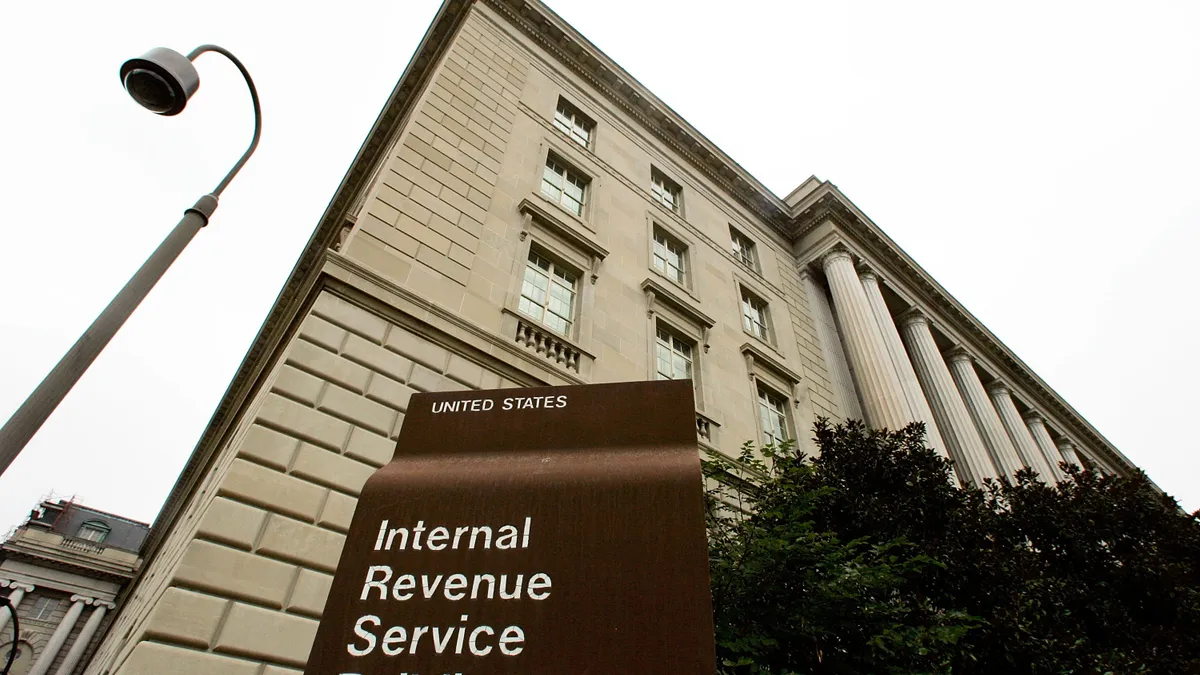Dive Brief:
- Small business owners say they're generally happy with the state of their businesses and expect revenue to increase in the next 12 months, according to the latest quarterly CNBC/SurveyMonkey Small Business Survey.
- But some (24%) said they also expect to face challenges related to controlling costs and finding qualified employees (18%) in 2020. In fact, a fifth of respondents reported having open positions they have not been able to fill for at least three months. To remedy this, 60% of respondents say they are offering higher wages, and 29% are offering more robust benefits.
- In other findings, nearly half (48%) of the more than 2,000 respondents said they expect technological change to have positive effects on their business, up from 41% last quarter.
Dive Insight:
Small business owners are ending 2019 much the same way they ended 2019, according to Jon Cohen, chief research officer at SurveyMonkey — "satisfied with the current state of their business, anticipating revenue growth in the New Year, and working hard to attract new customers and hire qualified employees," he said in a press release.
It's not just small businesses that are having trouble finding and retaining good employees these days, and the problem is likely to continue for the foreseeable future. According to recent research from Korn Ferry, by 2030 there will be a global shortage of 85.2 million workers. And the U.S. is facing additional demographic challenges; as of January 1, 2011, 10,000 Baby Boomers turn 65 every day.
Given that the talent problem is rooted in a shortage of skills, not people, HR can help alleviate some of these challenges through succession planning, training and learning, and development opportunities. Subway, for example, is piloting a career readiness program for more than 300 workers in Florida.
Meaningful work is also a big draw for many employees, particularly millennials, research shows, and it can help increase retention and loyalty. A Harvard Business Review study from 2018 concluded that employees with meaningful jobs are 69% less likely to leave in the next six months and tend to stay in their positions seven months longer than those who don't find their work meaningful. They are also more present and productive, taking two fewer days of paid leave per year and working an additional hour every week.













